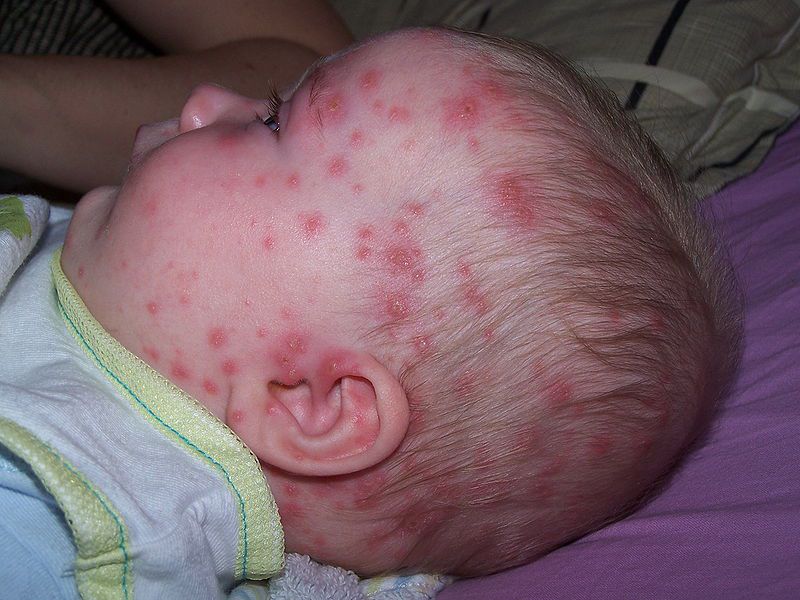-
 Clitoris
Clitoris
-
 CNO Cycle
CNO Cycle
-
 Terrestrial meridian of a location
Terrestrial meridian of a location
-
 Buffering
Buffering
-
 Monocyte
Monocyte
-
 Propellant
Propellant
-
 Tidal Gate
Tidal Gate
-
 Buruli ulcer
Buruli ulcer
-
 Stolon
Stolon
-
 Exothermicity
Exothermicity
-
 Bornavirus
Bornavirus
-
 VHF
VHF
-
 Extrasystole
Extrasystole
-
 Sneezing
Sneezing
-
 Huntington's Disease
Huntington's Disease
-
 Bombesin
Bombesin
-
 Chemical graining
Chemical graining
-
 Ecliptic coordinates of a direction
Ecliptic coordinates of a direction
-
 Skype
Skype
-
 Nucleic acid
Nucleic acid
-
 Stratiform
Stratiform
-
 Mirror
Mirror
-
 Blastocoele
Blastocoele
-
 Cauliflower
Cauliflower
-
 Somatic cell
Somatic cell
-
 Semen
Semen
-
 Flex fuel
Flex fuel
-
 Anti-oxidant
Anti-oxidant
-
 Inconel
Inconel
-
 Spherolite
Spherolite
Chickenpox
Chickenpox is a childhood disease caused by the VZV virus.
Chickenpox agent
The Chickenpox-shingles virus belongs to the Herpesviridaefamily and is the agent which causes Chickenpox . The virus hides in nerve ganglia where it can remain latent for very long periods of time (several years or decades) and may reactivate causing shingles.
Transmission of Chickenpox
Chickenpox is a highly contagious disease which is transmitted by direct contact or by contaminated droplets spread after coughing or sneezing. The incubation period lasts for one to two weeks before the first symptoms of Chickenpox develop.
VZV virus infection causes lifelong immunity, which prevents patients becoming reinfected.
Symptoms of Chickenpox
The disease is generally mild in children but can be severe or even fatal in immunised adults or in immunosuppressed people.
The first signs of the disease may be mild (fever, cough) or accompanied by a few vesicles on the skin. After a few days vesicles form over the entire body and are generally itchy. They are contagious until they dry, forming crusts.
Severe illnesses are caused by superinfection, usually by Staphylococcus aureus. Pneumonia and encephalitis can also develop in adults.
Treatment of Chickenpox
The disease is not generally treated as such, except in adults (with an antiviral). In children, only the symptoms (fever and itching) can be reduced by medicines. A preventative vaccine is also available.
 Chickenpox usually affects children and causes vesicles to develop over the whole body. © ILJR, Wikimedia, CC by-sa 3.0
Chickenpox usually affects children and causes vesicles to develop over the whole body. © ILJR, Wikimedia, CC by-sa 3.0
Latest
Fill out my online form.



